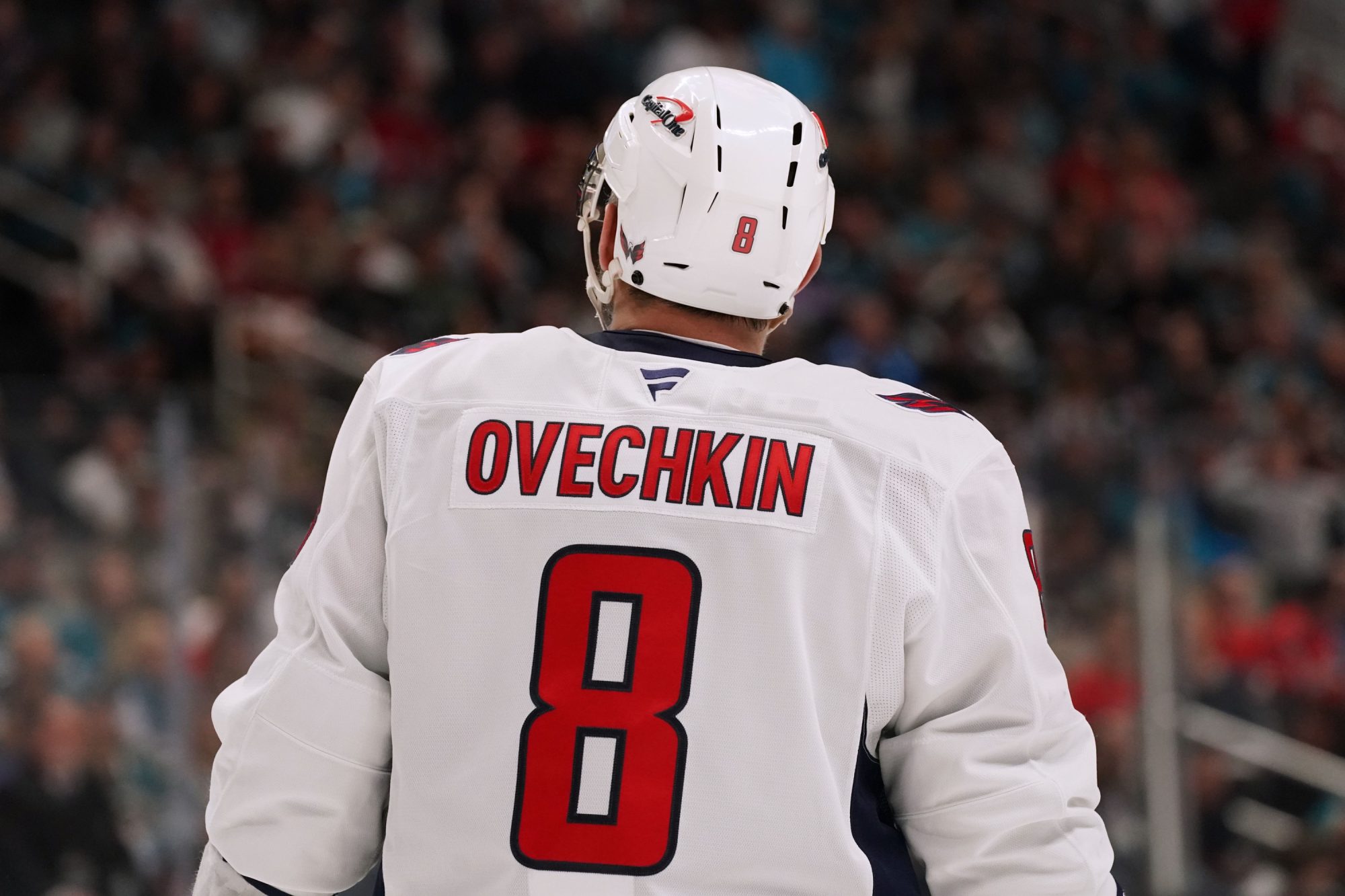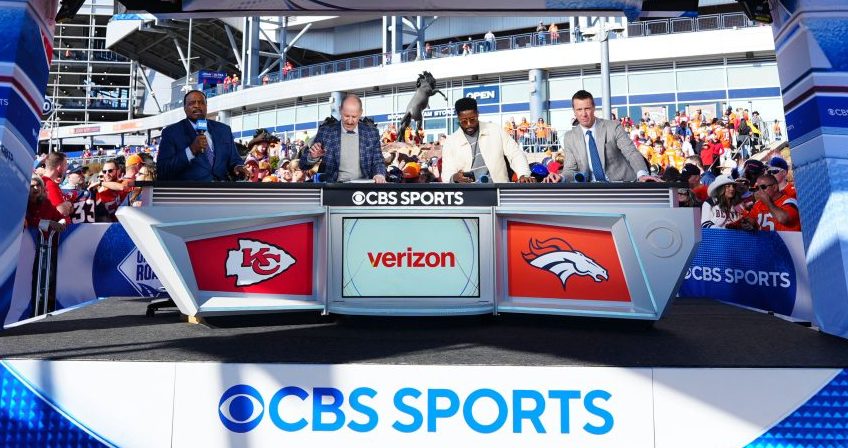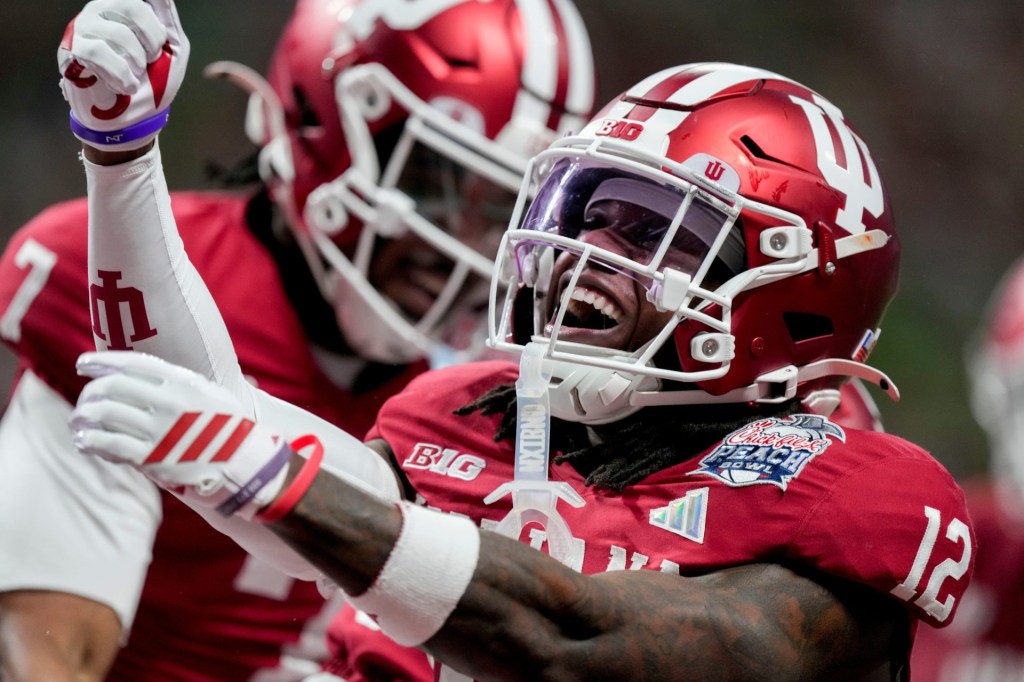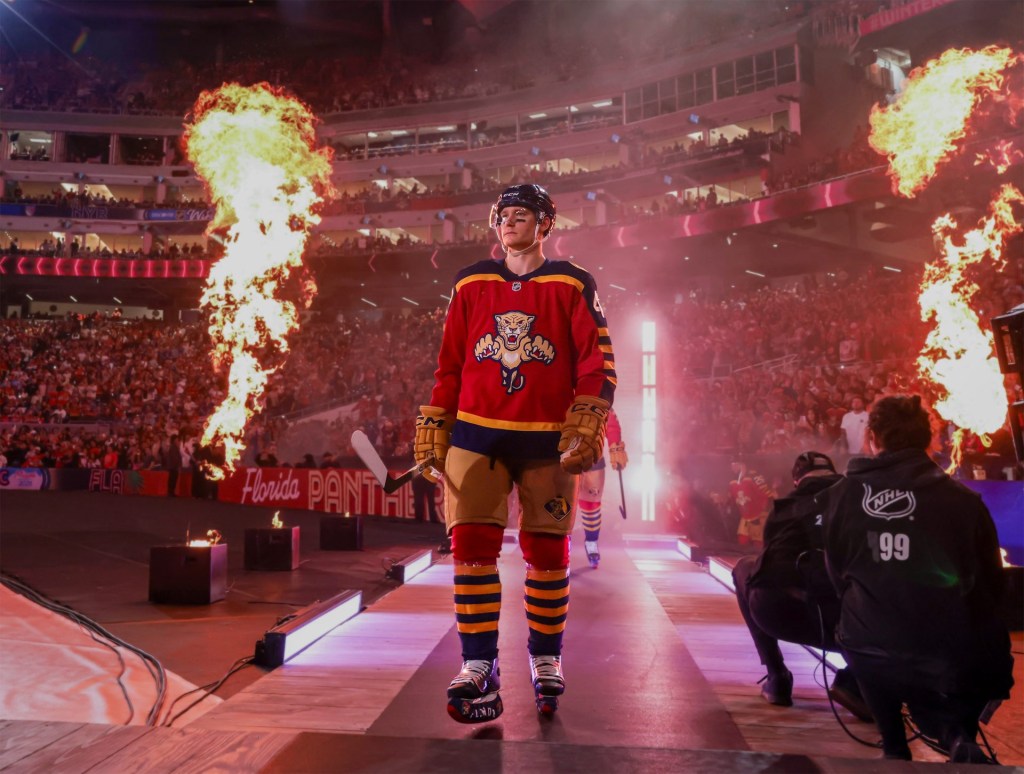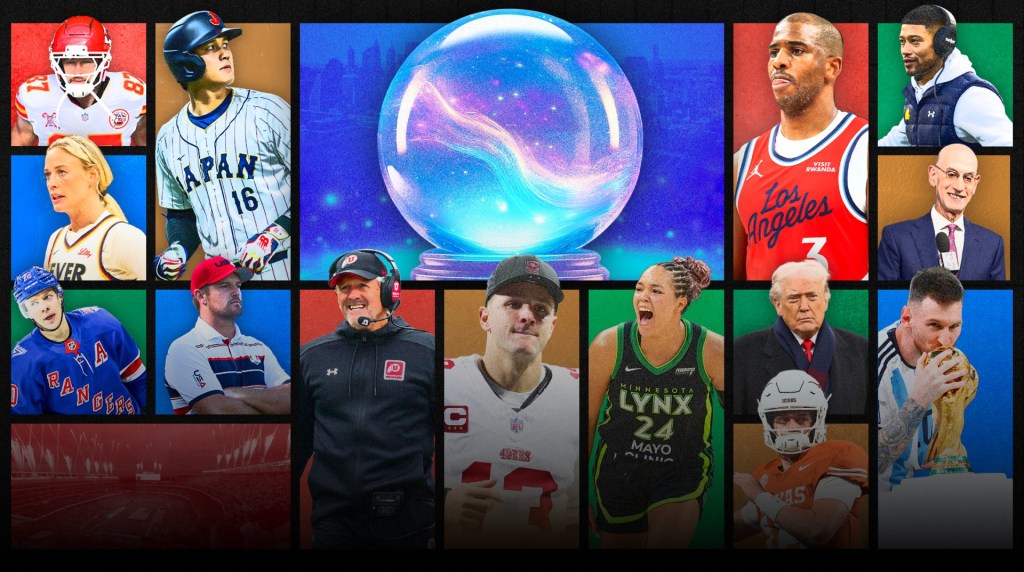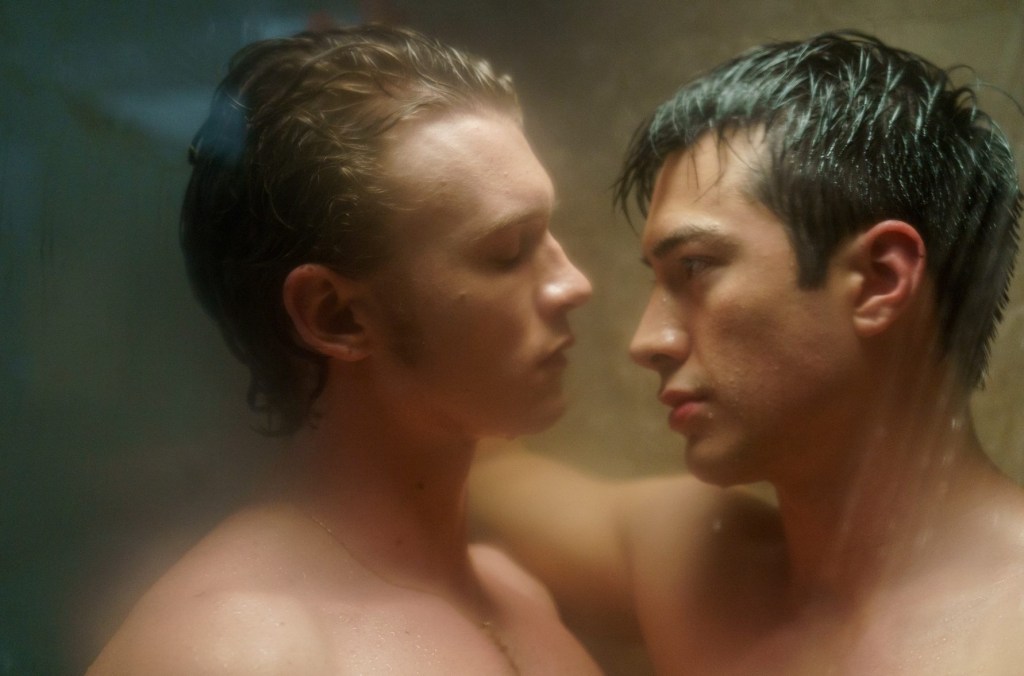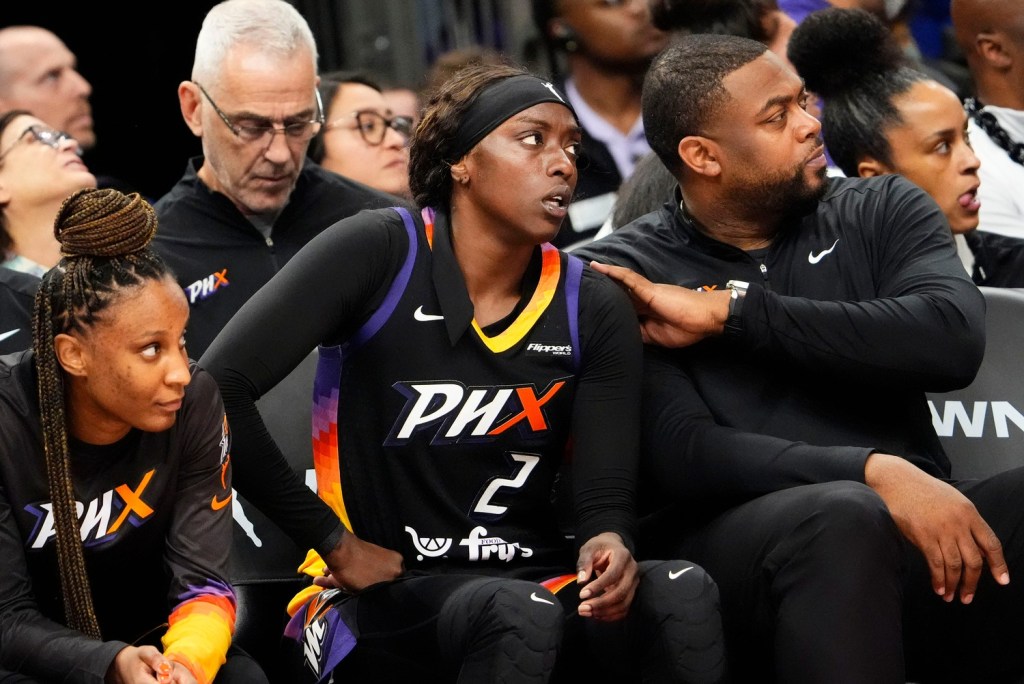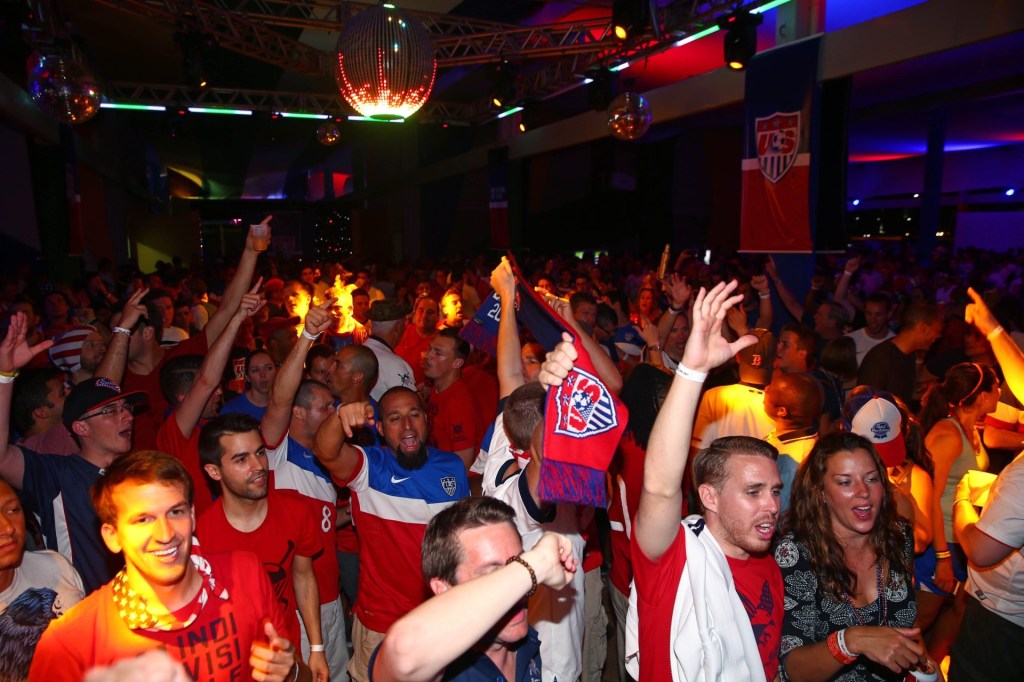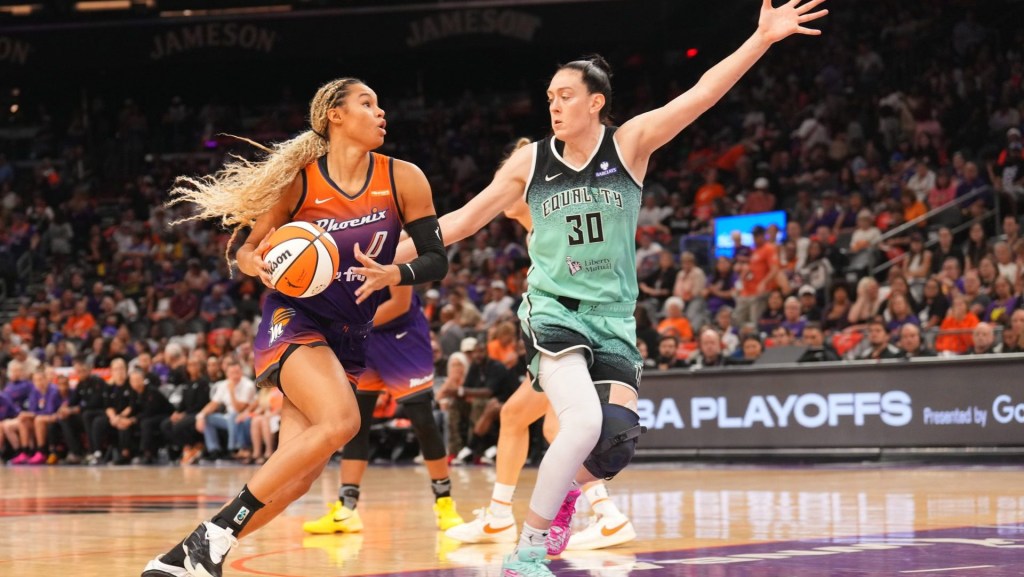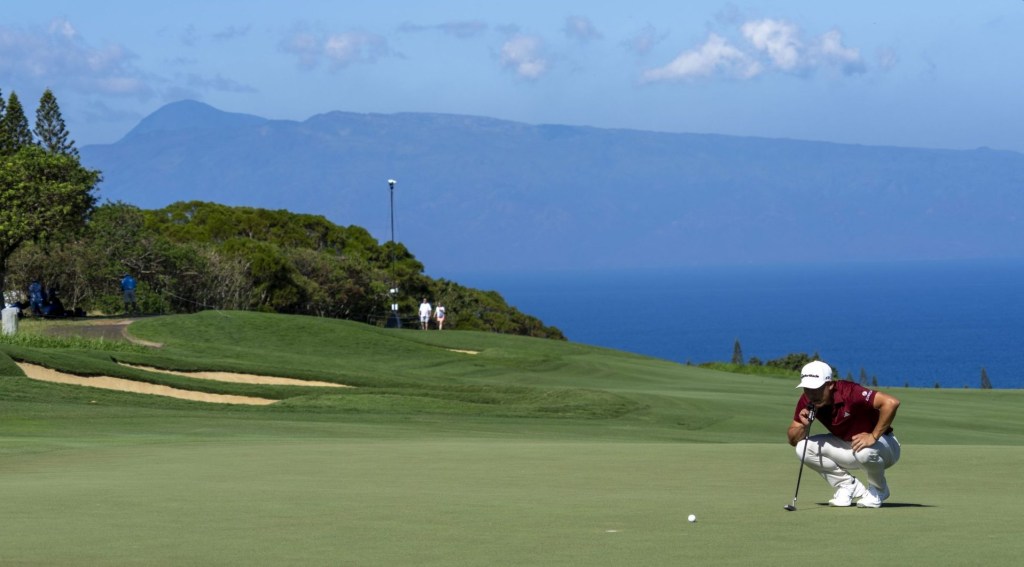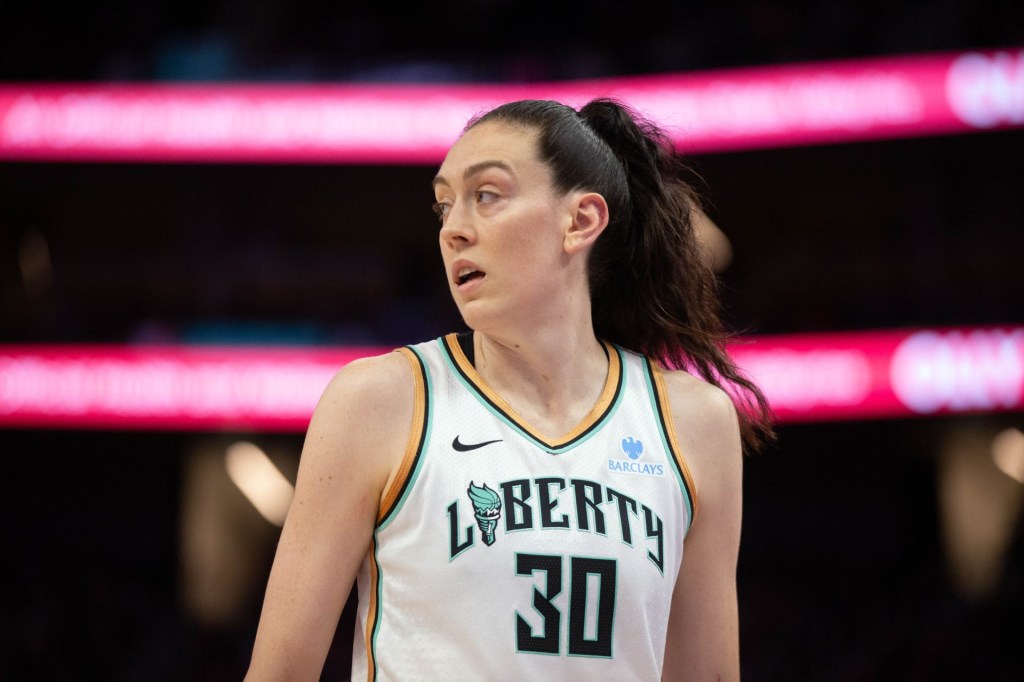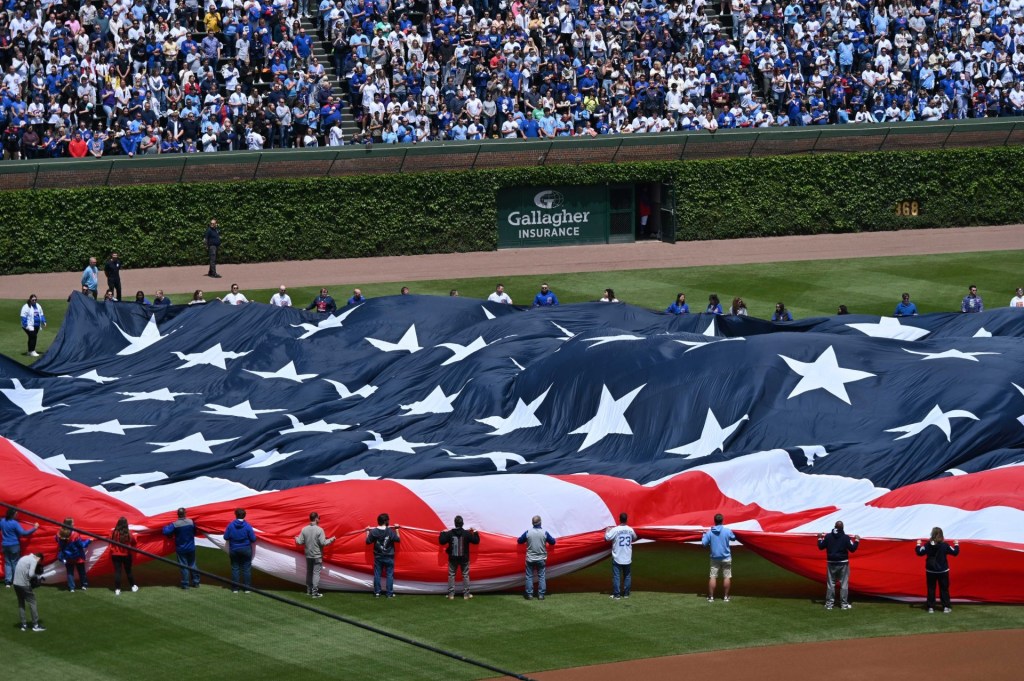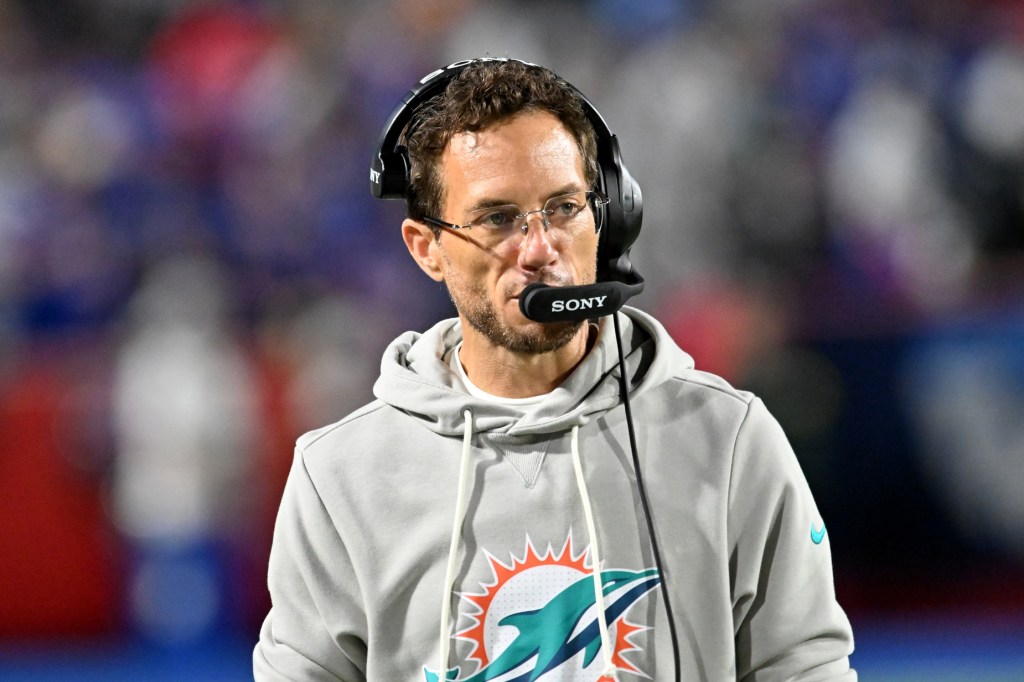Russia’s role in international competition is once again at the forefront of hockey discourse. On a phone call Tuesday, U.S. President Donald Trump and Russian President Vladimir Putin discussed the possibility of organizing games between the U.S. and Russia involving players from the NHL and Russia’s professional league, the KHL.
According to the Kremlin, Trump supported the idea on the call, which was scheduled to discuss the ongoing war in Ukraine. Following Moscow’s recap, the NHL told the Associated Press, “Obviously we were not a party to those discussions,” and did not provide further comment. The NHLPA told Front Office Sports on Wednesday they also were not involved in the discussions.
The NHL and KHL have played exhibition games in the past, but for now, the discussions remain nascent and speculative. Still, they breathe additional life into questions surrounding Russia’s future in international hockey competition.
Currently, Russia’s relationship with the world governing body for the sport, the International Ice Hockey Federation (IIHF), is fractured; along with ally Belarus, Russia has been banned from inclusion in all its international play since its invasion of Ukraine in 2022. The NHL also terminated its Russian broadcast agreement that year. The IIHF ban was extended through the 2025–2026 season in early February, during which the organization cited security concerns.
The issue has found renewed oxygen since the NHL’s highly successful 4 Nations Face-Off in February. The international best-on-best tournament, which replaced the 2025 All-Star Game, featured the U.S., Canada, Sweden, and Finland—markedly excluding Russia, which tallies the fourth-most players in the NHL.
Also pouring fuel onto the fire is next year’s Winter Olympics in Milan and Cortina, where NHL players will be able to participate for the first time since the 2014 Sochi Games. Although the IIHF ban extends to the Winter Games, Russia’s participation hinges on the decision of the International Olympic Committee (IOC), which will have final say. Additionally, it is unclear whether Russia will be able to join the World Cup of Hockey as it returns in 2028.
Several of the NHL’s biggest stars are Russian, including Alex Ovechkin of the league-leading Capitals, who is currently eight goals away from breaking Wayne Gretzky’s all-time scoring record. Additionally, Russian netminders are some of the league’s top players, including reigning Stanley Cup–winning goalie Sergei Bobrovsky of the Panthers as well as Igor Shesterkin, who in December signed an eight-year, $92 million contract with the Rangers with an average annual value of $11.5 million. The deal makes him the highest-paid goalie in NHL history. Several former Russian KHL players are also major presences in both the NHL and American Hockey League (AHL), which is a level below the NHL and serves as its primary developmental league.
Russia’s exclusion has been a thorn in the side of not only the governing bodies but also the country’s players. In February, the NHL Players’ Association told FOS that within the association, Russian players are pushing for inclusion in international competition.
